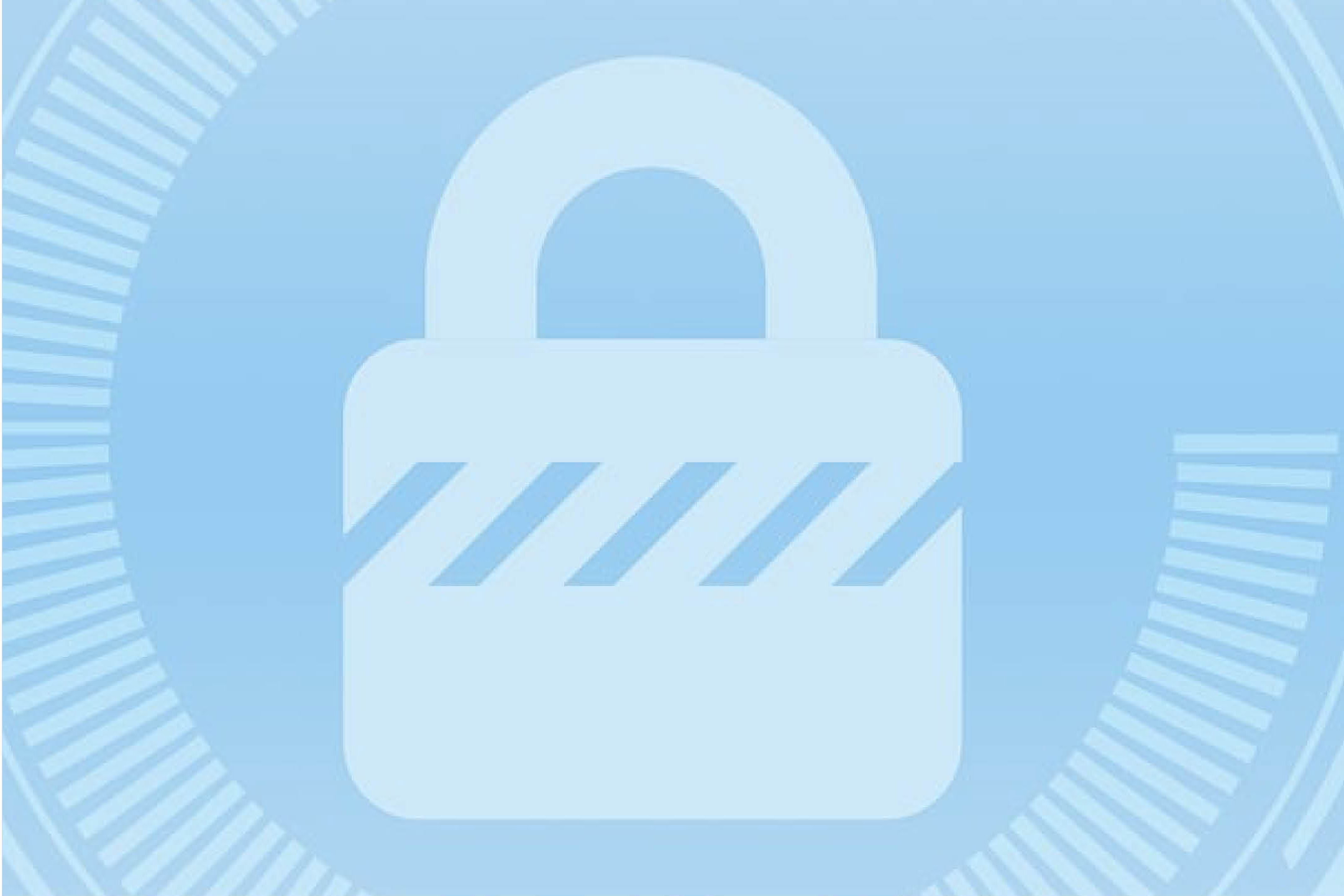March 1, 2024
Online Safety Tips

Staying safe online is more critical now than ever before. With a variety of data breaches, cyber-attacks, and online scams, it’s vital to take the steps necessary to protect yourself online. From using strong passwords to backing up your data, here are some key tips for staying safe online.
- Use a strong password. One of the most important first steps to staying safe online is to use a strong password. A password should be difficult to guess, consisting of at least eight characters long, and include a mix of upper and lowercase letters, numbers, and special characters. Avoid using information that can be easily guessed, such as your birthday or pet’s name. It’s also a good idea to use a different password for each account and service so that the rest remain safe if one account is compromised.
- Be aware of phishing. Phishing is a technique hackers use to trick people into giving out confidential information or clicking on malicious links. Be aware of emails and messages that request personal information or links to suspicious websites, as these could open up your systems and accounts for fraud or attack.
- Back up your data. Regular data backups are essential in case of attack or data loss. Several cloud-based solutions offer secure backup solutions that you can use to store your important files. Your operating system might also include backup software.
- Use secure connections. Using public Wi-Fi networks can be risky as these connections may not be secure, and any data sent via the network can be intercepted by hackers. Using a Virtual Private Network (VPN) that encrypts your data and protects your identity when connected to public networks is best to ensure you stay safe online.
- Install security software. Installing anti-virus and anti-spyware software is essential to protect your computer and devices from malicious software and other attacks. Keep your anti-virus and anti-spyware software up-to-date to ensure the best possible protection.
- Update software. As technology evolves, so do threats. It’s important to keep your software regularly updated to its latest version to prevent hackers from taking advantage of security flaws in outdated or unsupported software.
By following these tips, you can stay safe online and protect your privacy, data, and identity from potential attacks. Remember, being vigilant in your online security and privacy practices can help keep you safe from potentially malicious threats. It’s also important to regularly review your online accounts and change your passwords often to ensure your information remains secure.